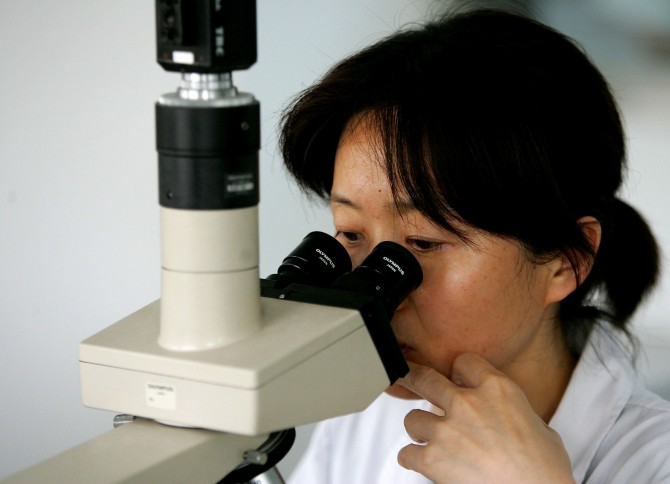Ovarian cancer is a fear of most women, largely due to the abysmal prognosis once it is found. The reasons for this are clearly understood — the more advanced a cancer is when it is discovered, the more difficult it is to treat because it has spread through the lymphatic system. Because ovarian cancer has vague symptomatology, many women don’t recognize that there’s a problem until the cancer is quite advanced, meaning that the chances of long-term survival are very low.
The few symptoms that are associated with ovarian cancer include early satiety (or feeling full after eating just a small amount), bloating, constipation, vague abdominal discomfort, and occasionally nausea. These are symptoms that are prevalent in many other common disorders of woman as well, including gallbladder disease, irritable bowel syndrome, and food intolerances. The symptoms are often so slight that women may ignore them for many months until they get much worse, allowing the cancer to spread to local and sometimes even distant organs.
When discovered, ovarian cancer is often treated with surgery, radiation, chemotherapy, and, more recently, immunotherapy. Researchers at the University of Michigan in Ann Arbor say that adding immunotherapy to the patient’s treatment regimen allows them to avoid chemotherapy resistance, which is common in women with ovarian cancer and a reason that the prognosis is poor.
According to Tech Times, we have the scientific explanation about why chemotherapy doesn’t work for many people. Ovarian tumors contain two types of cells: cancerous cells and fighter cells. The bad cells are called fibroblasts, which can keep chemotherapy from working and make the entire tumor resistant to treatment, which worsens over time and with more chemotherapy. The good cells, immune T cells, reverse that process. T-cells are the workhorses of the immune system.
In a recent study of ovarian cancer tumors, physicians infused the platinum-based chemotherapy drug cisplatin in patients with ovarian cancer. During that study, scientists found that fibroblasts block platinum. That’s the reason platinum-based chemotherapy does not work, and women become immune to the treatment.
To read this entire article on The Clearity Portal, click here.


